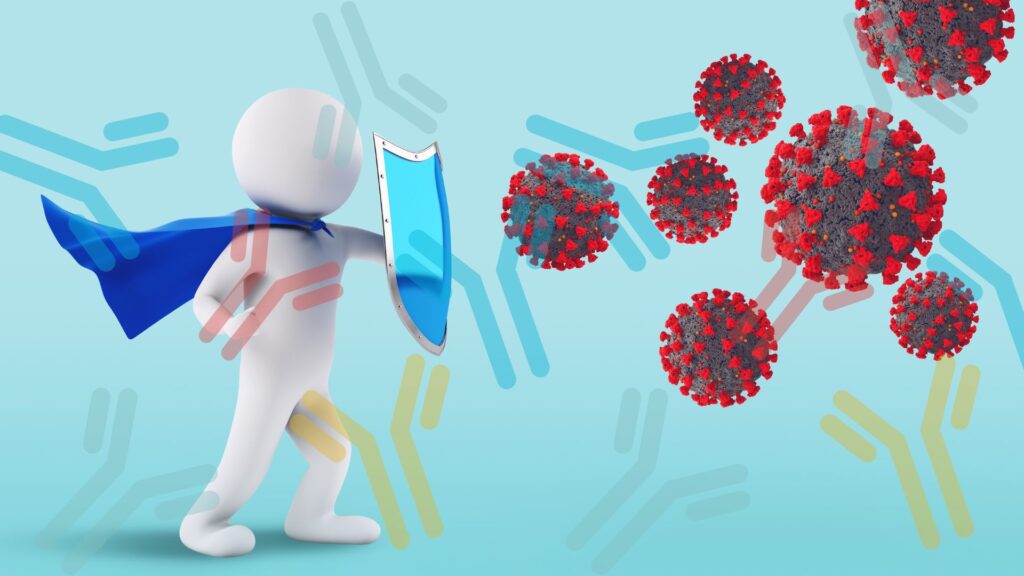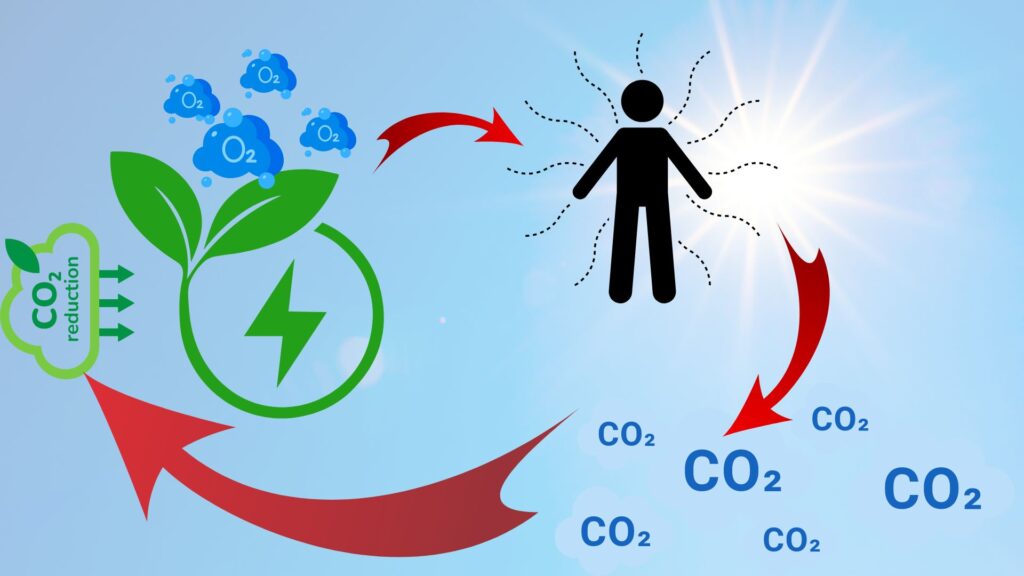Immunology general questions 1- Antibody

Antibodies are specialized proteins produced by the immune system to identify and neutralize foreign objects like bacteria and viruses. Each antibody binds to a specific antigen, allowing it to tag invaders for destruction by other immune cells. Their diversity and specificity make them essential tools in medical diagnostics and treatments, such as in vaccines and therapeutic antibodies.
Practicing questions will help you sharpen the knowledge about immunological concept.
Follow Planet Biologia (@planetbiologia) • Instagram photos and videos


